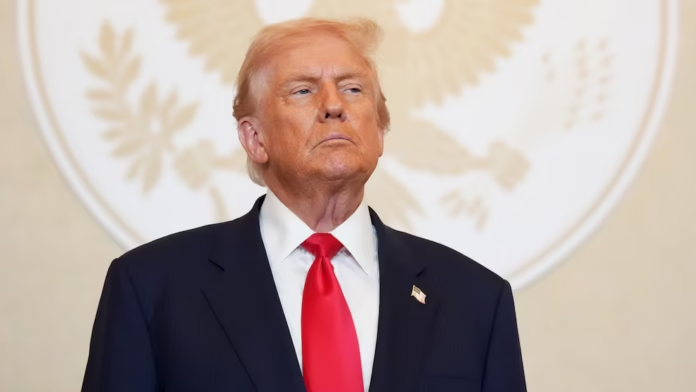When Judge Mark Wolf, appointed to the federal bench in 1985, announced his retirement earlier than expected, many were surprised. After decades of public service and a lifetime appointment, few imagined he would choose to step away from the court.
But in a reflective essay, Judge Wolf explained that he felt compelled to resign so he could speak more openly about the importance of judicial independence during a turbulent political climate.
Judge Wolf, now in his late seventies, has long been recognized for his steady approach to the rule of law. His career began in the mid-1970s, when he joined the Department of Justice during a period marked by national debates over governmental trust and transparency.
He credits his early mentors, including Attorney General Edward Levi, with shaping his belief that the justice system must remain impartial, balanced, and free from political pressure.
After nearly 50 years of public service—first within the Department of Justice, and later as a U.S. District Court judge in Massachusetts—Wolf said he felt constrained by the limits placed on active judges. Ethical guidelines restrict what sitting judges can say publicly, particularly about political matters. Wolf explained that these limits became increasingly difficult for him to observe as he watched public conversations about the justice system grow more charged.
In stepping down, he said his hope is to serve as a voice for judges who cannot speak freely while still on the bench. His motivation, he wrote, is rooted in concern for the long-term health of American institutions and the principles that guide them.
Judge Wolf’s successor was appointed years ago, after he shifted to senior status in 2013. The seat has since been filled by Judge Indira Talwani, who was appointed during the Obama administration.
Reactions from Across the Political Spectrum
Following the publication of Wolf’s essay, responses came from many corners. Some praised his decision as an example of commitment to judicial independence. Others disagreed with his assessment of recent political climates and emphasized the importance of maintaining neutrality even in retirement.
A spokesperson for the White House commented that judges should avoid personal agendas while serving on the bench and that those who wish to express strong opinions should do so only after stepping down—something Wolf directly acknowledged in his writing.
Wolf, in turn, reiterated that his primary purpose was to highlight the value of an independent court system and encourage thoughtful dialogue about the legal framework that supports it.
A Separate Legal Development: Food Assistance Benefits
Around the same time Wolf’s essay circulated, the Supreme Court issued a temporary order concerning federal food assistance benefits. The order allowed the administration to continue delaying full November SNAP payments while lawmakers worked toward ending a federal government shutdown.
The short-term pause, extended through a Thursday deadline, came as part of an emergency appeal involving multiple lower-court rulings. While the Court’s action did not decide the larger issue, it maintained the status quo as negotiations continued.
Advocates for SNAP recipients noted that the delays strained families relying on these benefits, especially those with children. They stressed that many households depend on the program for daily meals, and any interruption carries significant impact during a shutdown.
A Moment Highlighting the Fragility of Institutions
Judge Wolf’s resignation and the ongoing legal battles over federal programs both underscore how complex and interconnected the nation’s legal and governmental systems are—and how deeply they affect everyday lives.
As Wolf steps into a new role, speaking as a private citizen rather than a judge, he hopes to contribute to public understanding of why judicial independence matters, particularly during times of division. His long career gives him a unique vantage point, shaped by decades of service through multiple administrations.
Whether people agree with every point he raises or not, his choice reflects a desire to encourage careful thought about the institutions that guide the country and the values that sustain them.
